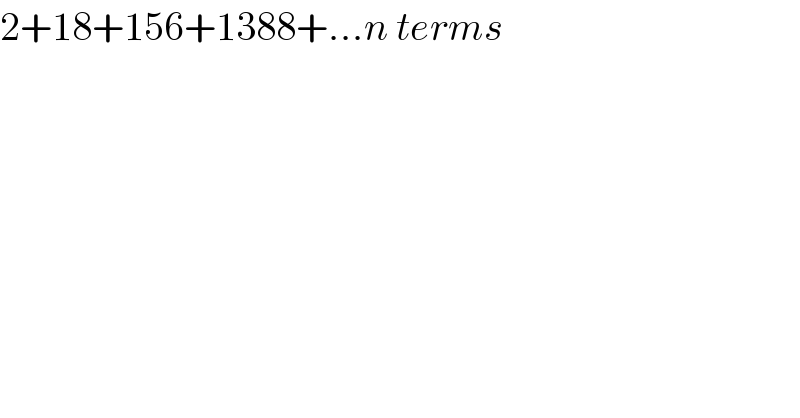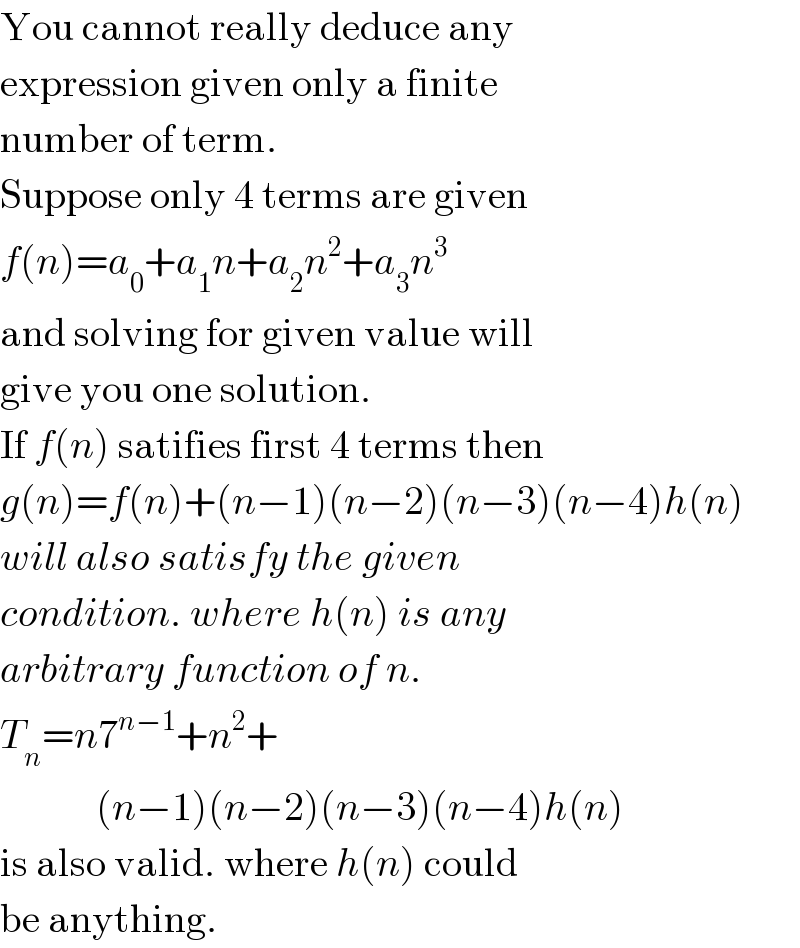
Question and Answers Forum
Question Number 102652 by Dwaipayan Shikari last updated on 10/Jul/20

Commented by Dwaipayan Shikari last updated on 10/Jul/20

Commented by prakash jain last updated on 10/Jul/20

| ||
Question and Answers Forum | ||
Question Number 102652 by Dwaipayan Shikari last updated on 10/Jul/20 | ||
 | ||
Commented by Dwaipayan Shikari last updated on 10/Jul/20 | ||
 | ||
Commented by prakash jain last updated on 10/Jul/20 | ||
 | ||